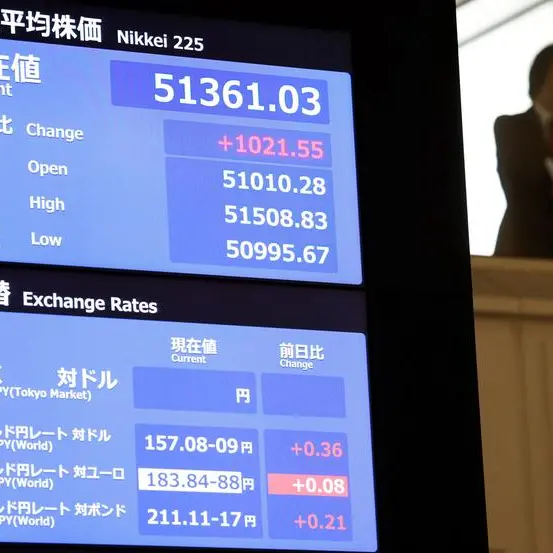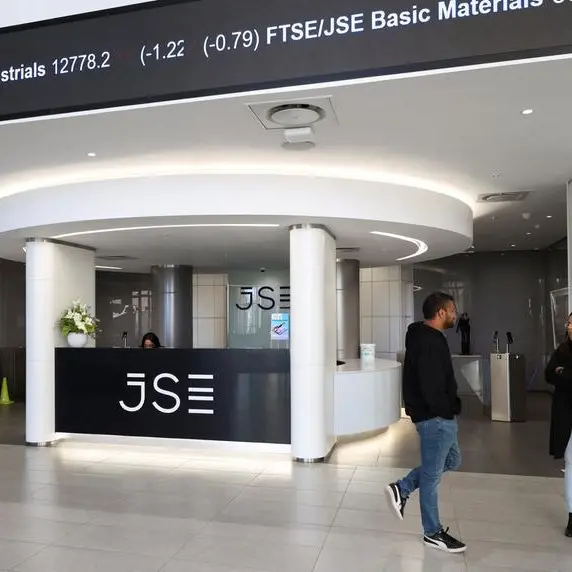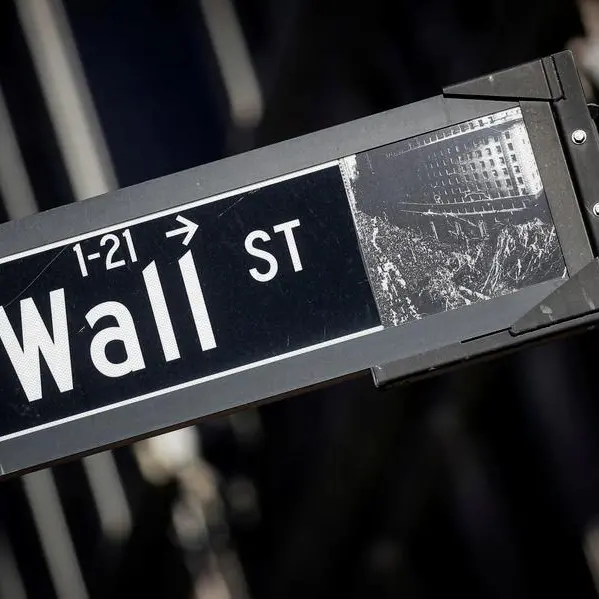PHOTO
Gulf stocks remained subdued in October amid hostilities in the Middle East and volatility in oil prices.
Several equity indices in the region ended the month in red, with the Saudi equity index falling 1.7% during the period and the Abu Dhabi equity index slipping by 1%. The Qatar equity index also inched down by 0.8%.
Overall, the S&P GCC composite index dipped by 1.2%, a decline attributed by analysts at Kuwait Financial Centre (Markaz) to “rising geopolitical tensions” in the region, coupled with a low-key performance of blue-chip stocks. Qatar’s decline was due to the fall in natural gas prices and sell-offs by foreign funds.
“GCC markets have to contend with increasing geopolitical turmoil brewing in the region which influences the oil price (dancing between $80 and $70),” noted M.R. Raghu, CEO of Kuwait Financial Centre’s Marmore MENA Intelligence.
“It is interesting to note the negative correlation between oil price and market performance as any fall in oil price due to demand weakness is offset by geopolitical spikes and supply tightness.”
However, stocks in Dubai emerged as one of the few gainers during the month despite geopolitical concerns, with the equity index rising by 1.9% in October, bringing the year-to-date gains to 13.1%. Kuwait’s main index also rose by 3.9%, extending its annual returns to 17.1%.
“Dubai is at the forefront once again topping the market performance for October 2024… helped by performance of real estate stocks,” Raghu pointed out.
There are also some positive points to be highlighted, particularly in Abu Dhabi, where the IPO sector has seen an uptick in activity, and in Saudi Arabia, where wealth creators ACWA Power and Ma’aden registering a CAGR of 80% and 25%, respectively, in the last three years, according to Raghu. Sovereign wealth funds in the region have also announced major investments in emerging markets.
(Writing by Cleofe Maceda; editing by Seban Scaria)





















